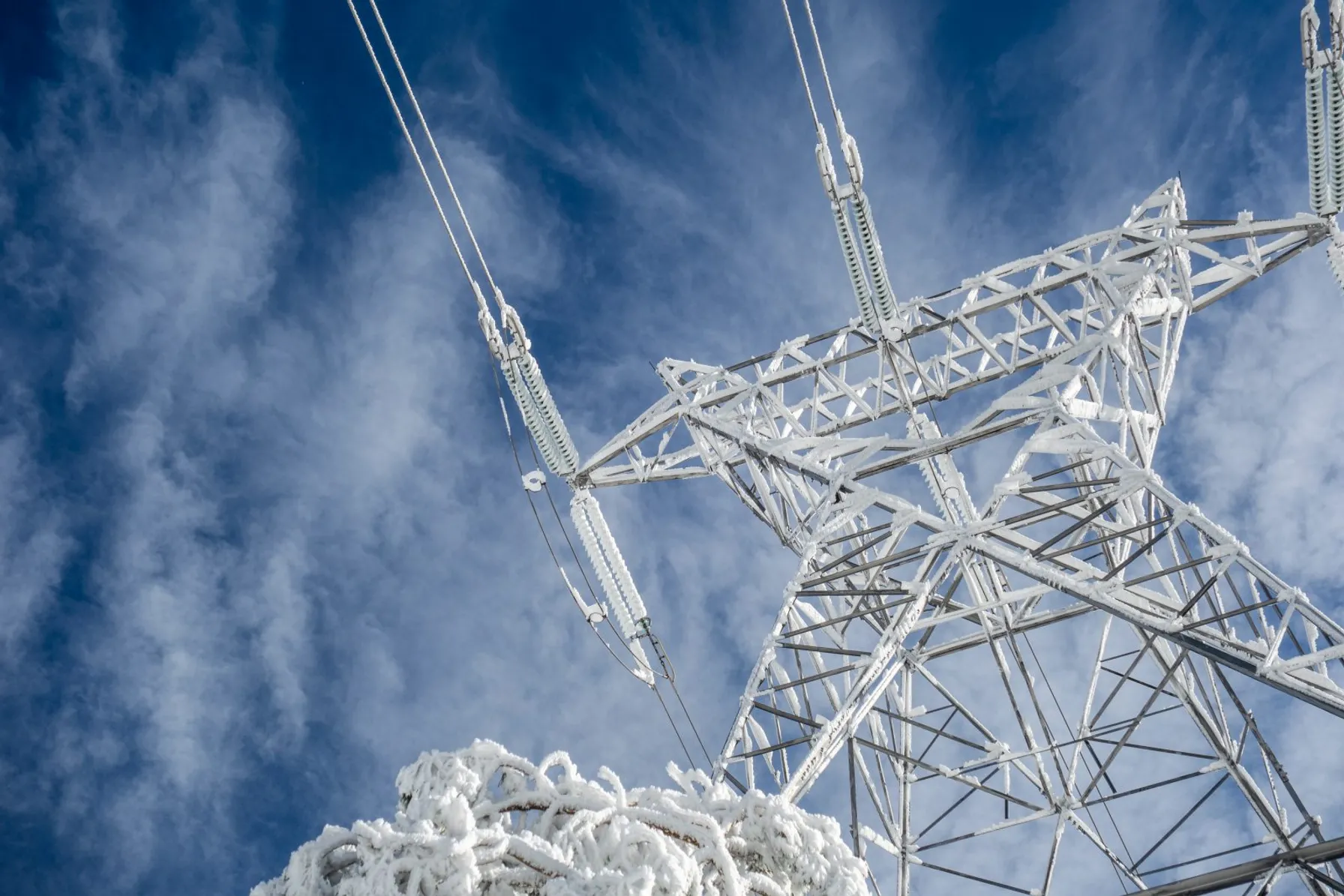To accelerate the development of transmission projects that increase connectivity between existing or new dispatchable generation plants and areas of need.
Two recent actions (one legislative and one regulatory) will change the current system planning, investment needs and operating procedures for electric utilities. New infrastructure investments and more robust compliance programs will be needed.
Texas Legislature and Governor Address Extreme Weather Impacts
Due to recent extreme weather-related power failures in Texas, the Texas State Legislature has passed legislation to address performance shortcomings in of the electric system. The State of Texas is requiring that any solutions being implemented address both summer and winter weather reliability risks.
Related Services
The State of Texas now requires the weatherization of power generation facilities Natural gas facilities, and transmission facilities to handle extreme weather
The Texas Railroad Commission and ERCOT are required to inspect facilities to confirm hardening steps have been taken. Failure to weatherize these facilities can result in a penalty of up to one million dollars. The legislation has created a “Power Outage Alert” system to notify customers whenever power supply may fall short in meeting demand. The legislation also established the Texas Energy Reliability Council to improve coordination between state agencies and industry during extreme weather emergencies and extended power outages. The legislation implements significant reforms for ERCOT, a NERC Reliability coordinator, System Operator and Planner among other roles, including having eight fully independent board members part of the 11-member board.
Additionally, on July 6, 2021 Governor Abbot of Texas sent a letter to the Public Utility Commission of Texas (PUCT) directing actions related to reliability improvement for the state:
To foster the development and maintenance of adequate and reliable sources of power, like natural gas, coal, and nuclear power.
For natural gas, coal, nuclear, and other non-renewable electricity generators to ensure that there is always an adequate supply of power on the grid to maintain reliable electric service.
NERC Files Mandatory Cold Weather Standards with FERC
On June 17, 2021 NERC submitted to FERC for expedited approval three modified Reliability Standards applicable to utilities in North America:
- EOP-011-2 (Emergency Preparedness and Operations),
- IRO-010-4 (Reliability Coordinator Data Specification and Collection), and
- TOP-003-5 (Operational Reliability Data)
The proposed changes in these standards would implement new requirements addressing cold weather preparation and operations as an effort to improve the reliability of the power system during extreme weather events. Generators will be required to implement plans for cold weather preparedness and enhance the ability of the Balancing Authority, Transmission Operator, and Reliability Coordinator to plan and operate reliably during cold weather conditions by requiring the exchange of information related to generator capability to operate. The proposed standards address recommendations arising from the July 18, 2019 FERC and NERC Staff’s report on the causes of the previous January 17, 2018 cold weather event affecting the south-central United States.
The FERC-NERC Joint Report on the 2021 cold weather events is still under development. This next report will undoubtedly contain additional recommendations for industry and further mandatory regulation changes.

How to Prepare
The Texas legislation, Governor Abbott’s directive to the PUCT, and the NERC standards modifications are but a few examples of changes coming to the electric industry related to extreme weather events. The next FERC-NERC Report and recently filed cold weather standards reflect government responses to these recent incidences. Acceleration of infrastructure development is a key component of the State of Texas plan. As a results of the potential changes, your company may be already considering making new infrastructure investments and applying more conservative assumptions in planning and operating your power systems.
TRC understands the challenges faced by its clients in planning and operating their systems both near-term and long-term. An independent, technically informed review effort that considers the new framework would be beneficial to your company. TRC’s planning and asset management experts can provide an independent review of your company’s planning processes, related internal controls and suggest corrective measures in dealing with system stresses and extreme weather.
Resources
Next Steps
TRC closely follows the national and state regulatory trends. TRC’s approach to power system planning, design and operations balances solutions that incorporate appropriate industry trends, mandatory standard requirements, regulatory guidance, compliance obligations, best practices, operational goals, and budgets. Our work with both the public and private sector is a testament to our understanding of power system planning and operations. Furthermore, this has set the foundation for TRC on advising numerous clients in staying ahead of the curve on regulatory trends and the technical aspects of their operations, including related state and federal compliance obligations.
This regulatory update is a service to TRC’s utility clients, helping keep you informed of issues that impact your company’s electric system reliability risks along with related topics regarding regulatory developments to help you achieve your company’s business goals.





